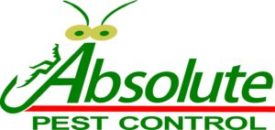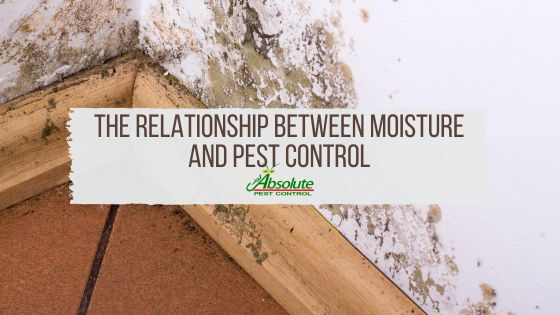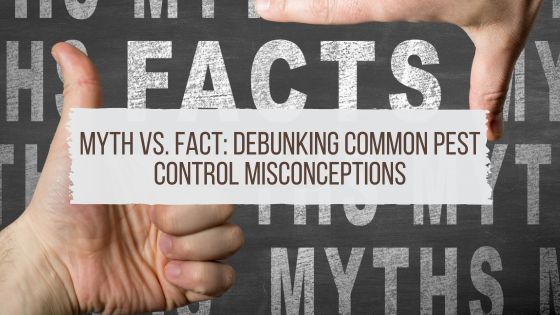The Benefits of Professional Mosquito Abatement
As homeowners and business owners, it’s important to maintain a pest-free environment. Pest problems can cause a variety of issues, from property damage to health hazards. However, many people may not realize that one of the key factors in pest control is moisture. In this blog post, we’ll explore the relationship between moisture and pest control, and discuss ways to effectively prevent and control pest problems in your home or business.
What is Moisture?
Moisture refers to the presence of water or dampness in an environment. Common sources of moisture in homes and businesses include leaky pipes, standing water, and high humidity levels. Moisture can create a hospitable environment for pests, as it provides them with a source of water and can also make it easier for them to move around and reproduce.
In order to effectively control pests, it’s important to understand how moisture can lead to infestations. Moisture can attract a variety of pests, including rodents, ants, termites, and cockroaches. These pests can reproduce quickly in moist environments, leading to large infestations that can be difficult to control.
Common Pests Attracted to Moisture
Let’s take a closer look at some of the pests that are commonly attracted to moisture:
- Rodents: Rodents such as mice and rats are attracted to moist environments because they need a source of water to survive. They can also use moisture to create burrows and nests.
- Ants: Ants are attracted to moisture because they need water to survive and to feed their colonies. Moist environments can also provide shelter for ant colonies.
- Termites: Termites are attracted to moisture because they need water to survive and to create mud tunnels. They can also use moist wood to build their nests.
- Cockroaches: Cockroaches are attracted to moisture because they need water to survive and to breed. They can also use moisture to find food and shelter.
By understanding the pests that are commonly attracted to moisture, you can take steps to prevent infestations before they occur.
Prevention and Control
So, how can you prevent moisture buildup and reduce pest infestations? Here are some effective pest control methods:
- Fix leaks: Check your pipes and faucets regularly for leaks, and repair them promptly if you find any issues.
- Use a dehumidifier: If you live in a humid environment, consider using a dehumidifier to reduce moisture levels in your home or business.
- Maintain a clean environment: Pests are attracted to clutter and debris, so be sure to keep your living or work space clean and free of debris.
- Seal cracks and crevices: Pests can enter your home or business through small cracks and crevices, so seal these areas to prevent entry.
- Use traps and baits: If you do have a pest problem, consider using traps and baits to control the infestation. Be sure to follow all safety instructions when using these products.
By following these steps, you can effectively control moisture levels and prevent pest infestations in your home or business.
Conclusion
Overall, it’s clear that there is a strong relationship between moisture and pest control. By understanding how moisture can attract pests and lead to infestations, you can take steps to prevent these issues before they occur. Be sure to maintain a clean, dry environment and use effective pest control methods to keep your home or business free of pests. For more information on pest control, contact Absolute Pest Control.
Contact Us
Absolute Pest Control is dedicated to making your home safe for you family. If you have a question about pests or any other pest problem, please call us at 615-220-1933 or click HERE to email us. We service most of Middle Tennessee including Smyrna, Murfreesboro, Antioch, LaVergne, Brentwood, Franklin, and Nashville.




